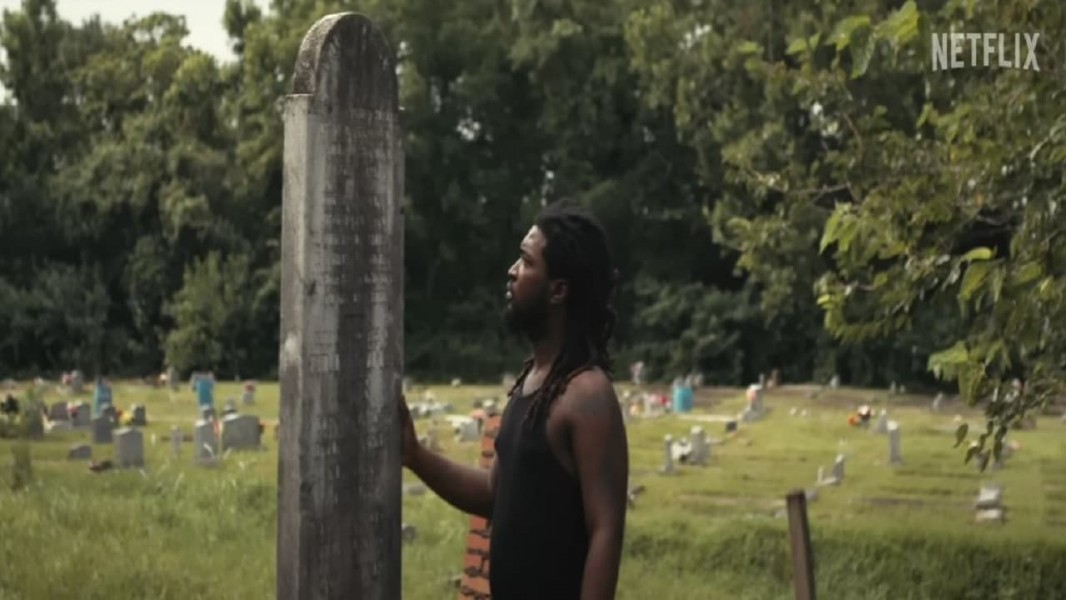Watch Descendant 2022 Online free
Cast of Descendant
Descendant full movie
Descendant streaming free
Descendant download
Descendant online free
Where to watch Descendant

- Home
- Genre
-
Country
- Argentina
- Australia
- Austria
- Belgium
- Brazil
- Canada
- China
- Czech Republic
- Denmark
- Finland
- France
- Germany
- Hong Kong
- Hungary
- India
- Ireland
- Israel
- Italy
- Japan
- Luxembourg
- Mexico
- Netherlands
- New Zealand
- Norway
- Poland
- Romania
- Russia
- South Africa
- South Korea
- Spain
- Sweden
- Switzerland
- Taiwan
- Thailand
- United Kingdom
- United States of America
- Movies
- TV Series
- Top IMDb
Share
Share with link
Via social

Descendant
Beyond what is written, history exists. For years, the residents of Mobile, Alabama's Africatown have discussed their ancestry. Their village was created by ancestors who were transported in 1860 aboard Clotilda, the final known and illegal slave ship. Even though the ship was deliberately sabotaged upon arrival, its memory and legacy remained intact. Now, the long-awaited discovery of the Clotilda's bones provides this people with a concrete connection to their ancestors and confirmation of a past that so many attempted to hide.
Read full
Beyond what is written, history exists. For years, the residents of Mobile, Alabama's Africatown have discussed their ancestry. Their village was created by ancestors who were transported in 1860 aboard Clotilda, the final known and illegal slave ship. Even though the ship was deliberately sabotaged upon arrival, its memory and legacy remained intact. Now, the long-awaited discovery of the Clotilda's bones provides this people with a concrete connection to their ancestors and confirmation of a past that so many attempted to hide.
Genres:
Cast:
N/A
Production:
Country:
Duration:
111 m
Related
Descendants: The Rise of Red
2024
94min
4.6
Descendants: The Royal Wedding
2021
20min
5.8
Descendants Remix Dance Party
2020
90min
8.5
Descendants 3
2019
106min
6.4
Descendants 2
2017
111min
6.3
Descendants of the Sun
TV
SS 1 / EPS 16
8.3
Descendants: Wicked World
TV
SS 2 / EPS 15
6.4
Descendants
2015
112min
6.2
The Descendants
2011
115min
7.3
The Furry Detectives: Unmasking a Monster
TV
SS 1 / EPS 1
?
Human
TV
SS 1 / EPS 5
?
Trainwreck: Balloon Boy
2025
52min
?
A Killer Among Friends
TV
SS 1 / EPS 1
?
One Night in Idaho: The College Murders
TV
SS 1 / EPS 4
?
The Wild Ones
TV
SS 1 / EPS 6
?
Off Road
TV
SS 1 / EPS 6
?
Connect us
© 2022 BingeWatch with ♥

















Discussion